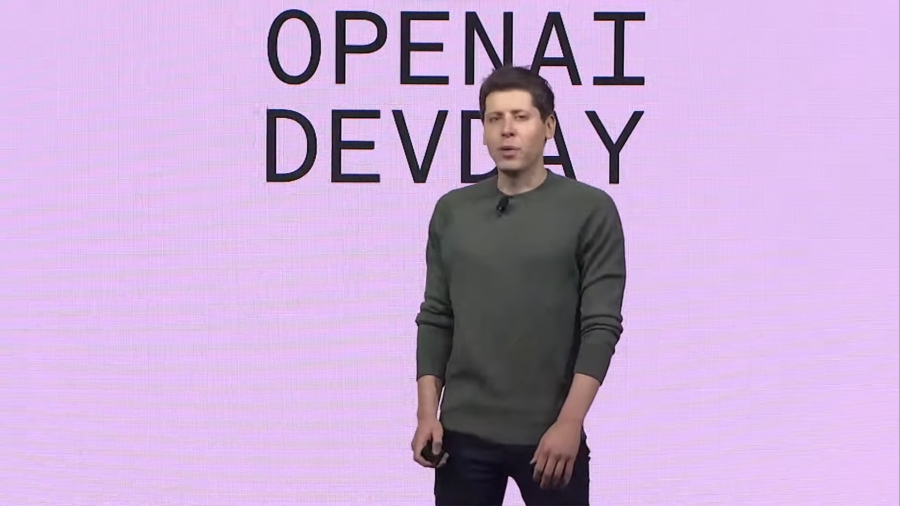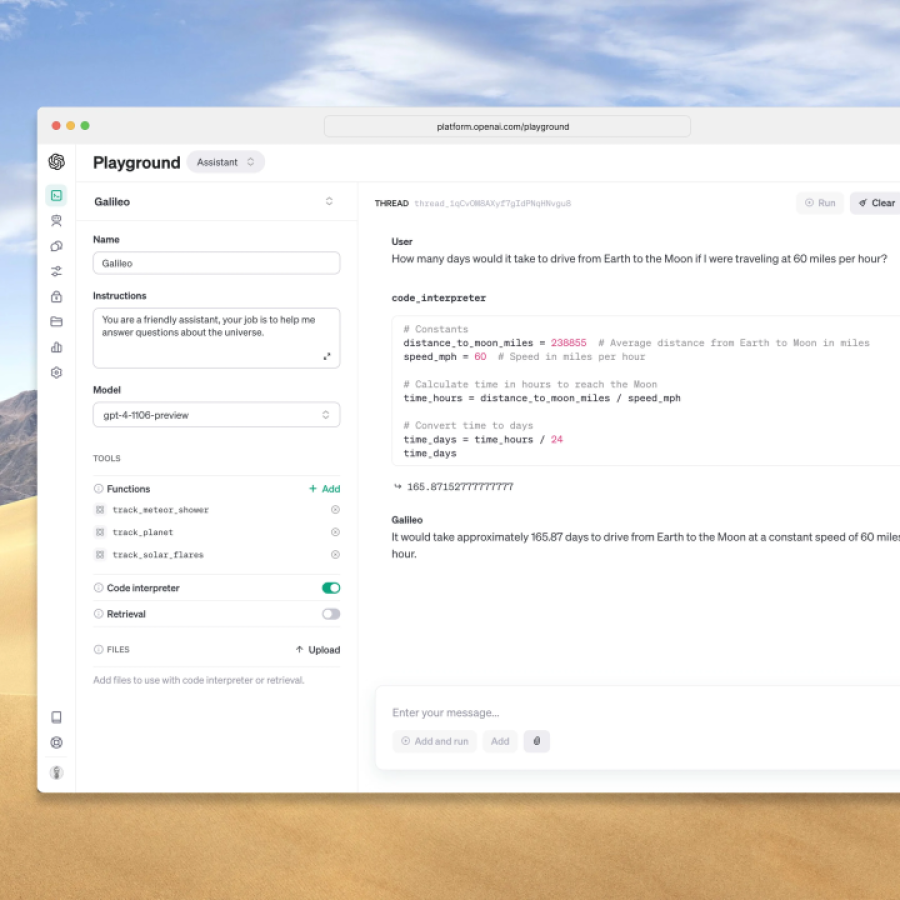SEO - Cracking the Code: Leveraging AI for SEO Growth Hacking
The modern digital landscape is a battleground where businesses compete fiercely for visibility and rankings. Dominance in search engine result pages (SERPs) directly impacts brand reputation, traffic, and conversion rates. In this ever-escalating battle for online supremacy, one weapon has become increasingly significant: Artificial Intelligence (AI). 🚀🌐
The marriage of AI and SEO isn't just a novelty; it's a game-changer. AI enhances SEO strategies and 'hacks' growth paths like never before. Seemingly insurmountable hurdles like understanding user intent, optimizing content, and making sense of mountains of data suddenly look conquerable.
In this blog post, we'll delve into the practical ways in which AI can turbocharge your SEO efforts and drive explosive growth for your business. 😊💡
The Game-Changing Role of AI in SEO 🚀
Just a few years ago, SEO was a static discipline, heavily reliant on keyword-optimized content, backlinks, and on-page optimization. However, with Google's algorithm's advancements, the introduction of RankBrain, and a significant move towards Machine Learning and AI, the SEO landscape has been seismically shifted.
By being proficient in pattern recognition and with the ability to digest immense volumes of data, AI has emerged as a mighty tool in the hands of marketers. AI-powered SEO tools are a tremendous asset, as they can evaluate search patterns, analyze SERPs, generate insights, and help in content optimization all on an unprecedented scale.
What's more fascinating is that AI has the potential to provide a more personalized experience, decode user intent, and present targeted content to potential customers. By turning mountains of data into actionable insights in seconds, AI tools are becoming the right hand for SEO strategists. 💪💻
Decoding User Intent: The AI Way 🔍
Understanding user intent is the cornerstone of any successful SEO strategy. Algorithms are getting more intuitive, and focusing only on keywords isn't enough. Instead, search engines look to match queries with user intent, ensuring the provided content matches the user's specific informational need.
So, how can AI help?
AI, especially machine learning and natural language processing algorithms, can decipher search intent by analyzing historical search data, click-through rates, page views, and bounce rates. An AI can recognize patterns and understand the type of content that satisfies specific search queries, thereby providing richer insights to content creators and SEO strategists.
Moreover, AI can also categorize search intent as navigational, informational, transactional, or commercial, which further refines the SEO process. Such precise identification of user intent enables businesses to build tailored content strategies, enhancing their chances of climbing SERPs. 📈💹
Optimizing Content with AI: Precision Meets Creativity ✍️
Crafting high-quality SEO content isn't solely about injecting the right keywords. It's a more robust process involving keyword placement, structuring content, incorporating semantic keywords, creating intriguing meta titles and descriptions, and readability considerations. AI can automate and optimize this process.
AI-powered SEO platforms like Concured, MarketMuse, and Frase.io leverage Natural Language Processing to generate content briefs, suggest content optimizations, and even contrast your content with top-ranking pages. They offer keyword suggestions, semantic terms, questions to answer, and readability enhancements in a matter of seconds, enabling you to publish SEO-friendly content without pouring in draining hours.
Moreover, AI tools like WordLift and INK offer real-time suggestions as you craft your content, making it a bet you just cannot lose. These AI-enhancements take your content to a new level where it speaks the language of your audience and the search engines alike. 🙌💡
Predicting SEO trends: Shaping a Futuristic Strategy with AI 🔮
Juggling changing algorithm updates and volatile SEO trends can be a daunting task. SEO is not about responding to changes after they occur but about forecasting trends and being prepared. Here's where AI offers a competitive edge.
AI algorithms can sift through billions of search queries and historical data to indicate certain shifts in search behavior. These shifts are precursors to new SEO trends. AI tools can track keyword trends, inspect competitors' activities, monitor backlinks, and amass a wealth of data offering insights into industry-specific keyword trends and SEO strategies.
Additionally, AI allows for predictive modelling - giving us a forecast of potential changes in Google’s algorithm, search volumes, keyword significance, and relevance of specific SEO strategies. It identifies potential dips and spikes, making SEO a game of strategy, rather than chance.
Navigating the Roadblocks: Challenges in AI-driven SEO 🚧
Harnessing the power of AI in SEO isn't a walk in the park. There are rough terrains and roadblocks that we must address to make the journey smoother. Let's explore some common hitches and potential solutions.
First on our list is data privacy and security. When AI models process vast amounts of user data, it's imperative to ensure that privacy is not breached. Compliance with laws like GDPR and other data protection regulations is mandatory. Employing robust data security measures and anonymizing data before processing can assure users about their data's safety.
Another hurdle could be the steep learning curve associated with AI tools. Yes, not everyone is an AI expert. Simplifying the interfaces, offering intuitive insights rather than raw data, and providing ample documentation and support can make these tools more user-friendly.
Lastly, the unpredictability of AI algorithms is a challenge. AI models are as good as the data they are trained on. If there is bias in the training data, it might reflect in the AI's output. Regular audits and employing diverse datasets can minimize such biases.
Harnessing AI for Your SEO Strategy: Embracing the Future, Today!🚀
Now that we understand the potential challenges of employing AI in SEO, let's delve into how we can practically integrate these smart tools into our current SEO strategy.
The first step is goal-setting. Identify what you want to achieve through AI – is it better keyword research, content optimization, or predictive analysis? Articulating your goals will guide you towards the right AI tool.
Next, once you've picked your tool, dive into the learning process. Most AI platforms have a host of resources, from tutorials to customer support, to help you navigate the tool's features and functionality. Earmark time for this learning phase: the better you understand the tool, the better your SEO results.
Now, put your tool to work! Regularly analyze the insights provided by the AI and align them with your SEO strategies. Remember, AI is not a replacement for human effort. It should complement your strategies, not dictate them.
Finally, keep track of the results. Monitor your SEO KPIs - organic traffic, keyword ranking, bounce rate, dwell time, and repeat visitors - to assess the effectiveness of your AI tools.
Embrace the Future of SEO with AI 🎉
As we reach the end of our enlightening journey, we can affirm that the future of SEO is interwoven with AI. From crafting impeccable SEO content to predicting SEO trends, the impact of AI on SEO is profound and far-reaching.
However, it's essential to remember that AI is not a magic wand but a powerful tool. The key is in how we use it. When combined with human ingenuity and strategic thinking, AI can change the SEO landscape, elevating rankings, boosting traffic, and improving engagement.
In this fast-pacing digital world, it pays to be ahead. So, it's time to step into the future. It's time to integrate AI into your SEO strategy, today! 🚀
This blog post walks you through various stages:
-
Understanding the role of AI in content optimization and keyword research.
-
Analyzing the impact of AI on backlink strategies and predicting SEO trends.
-
Exploring the potential challenges that may arise in AI-driven SEO.
-
Offering practical steps to integrate AI tools into your existing SEO strategie










Comments (0)